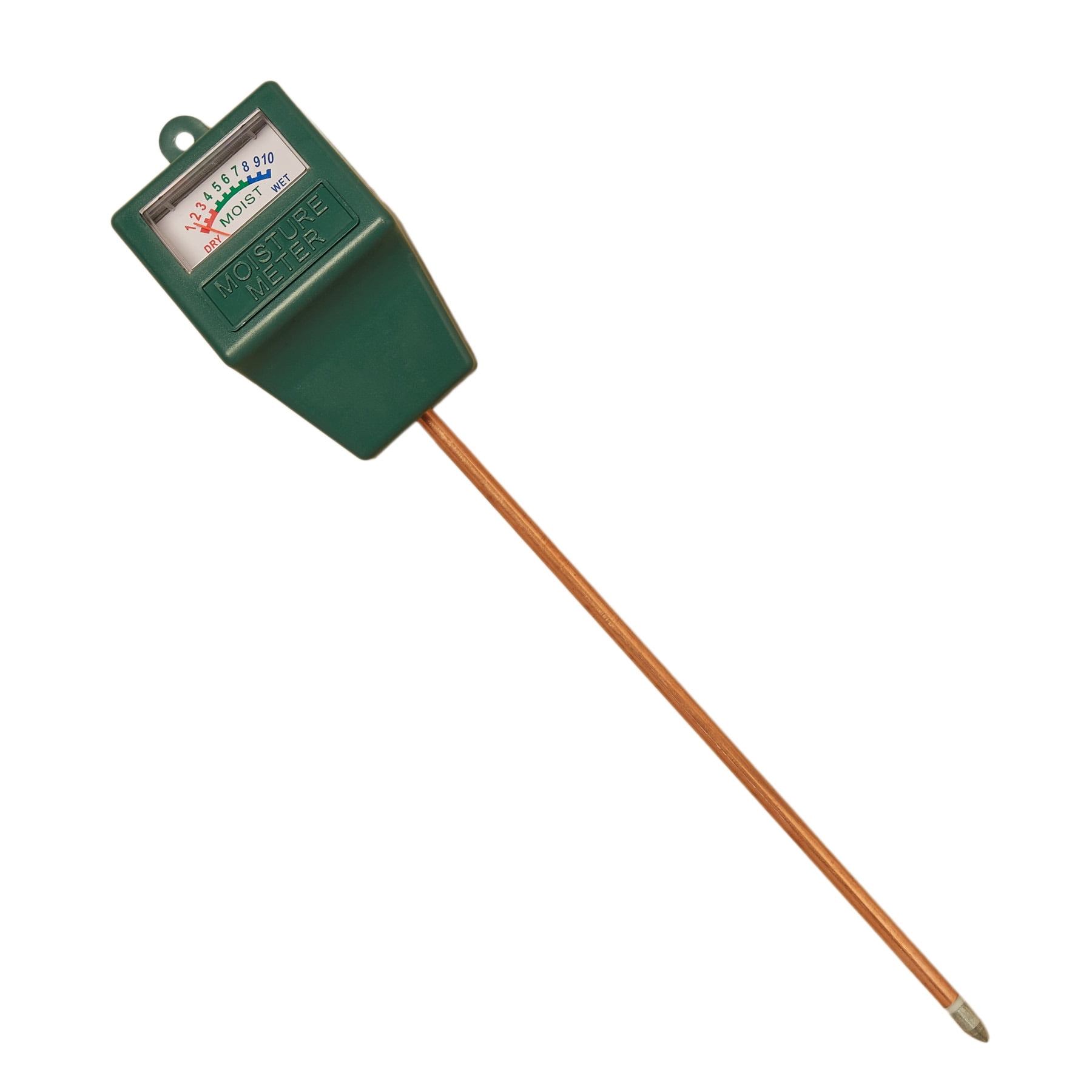Recognizing the Different Sorts Of Moisture Meters and Their Applications
Wiki Article
The Ultimate Guide to Wetness Meters: A Comprehensive Review and Exactly How They Can Conserve You Money
Dampness meters offer as important devices in discovering and keeping an eye on moisture web content in materials, aiding in protecting against pricey damages and making certain the top quality of items. Comprehending the nuances of different types of wetness meters, their applications, and the potential cost-saving advantages they supply can be a game-changer for experts and companies alike.Kinds Of Moisture Meters
Different sorts of dampness meters are available for different applications in various markets. One usual type is the pin-type moisture meter, which determines the electric resistance between two pins placed into a material. This type appropriates for wood, drywall, and other structure products. Pinless moisture meters, on the other hand, usage electromagnetic sensing unit plates to check a bigger location without creating damages to the material's surface. Moisture Meter. These meters are perfect for swiftly analyzing wetness levels in big areas such as floors and walls.
Infrared wetness meters determine the thermal residential or commercial properties of a material to establish its moisture material non-invasively, making them valuable for applications where pin or pinless meters may not be suitable. Comprehending the various types of moisture meters available can aid industries choose the most suitable device for their specific wetness dimension requirements.

Advantages of Using Moisture Meters
Moisture meters provide vital benefits in precisely assessing and keeping track of moisture levels in varied materials and settings. One of the key advantages of making use of moisture meters is the avoidance of prospective damages triggered by excess wetness.
Furthermore, making use of wetness meters can lead to enhanced power performance. By determining areas with high wetness degrees, such as leakages or poor insulation, changes can be made to boost energy conservation and decrease utility expenses. In agricultural settings, dampness meters play an important function in optimizing crop yields by allowing farmers to keep track of soil moisture levels and make notified irrigation choices. Overall, the benefits of making use of wetness meters extend across various industries, giving affordable solutions and advertising better top quality control methods.
Just How to Choose the Right Dampness Meter
Picking the appropriate dampness meter entails thinking about key aspects such as material compatibility, measurement variety, and calibration accuracy. When picking a moisture meter, it's important to guarantee that the meter appropriates for the specific product you will be screening. Different materials have differing electric residential or commercial properties that can impact wetness analyses, so choosing a meter created for your material is go important for exact outcomes. Additionally, take into consideration the dimension series of the wetness try this website meter. Make sure that the meter can discover moisture levels within the variety needed for your applications. Calibration accuracy is one more critical factor to bear in mind. Go with a moisture meter with reputable calibration to make certain regular and precise analyses. Some meters might need routine calibration adjustments, so recognizing the calibration process is very important. By meticulously reviewing these variables, you can choose a dampness meter that satisfies your needs and supplies accurate dampness dimensions for your tasks.Appropriate Techniques for Dampness Meter Use

Expense Savings Via Dampness Meter Applications
Exactly how can the calculated utilization of dampness meters result in significant cost financial savings across different industries? Dampness meters play an important function in expense savings by preventing potential damages and making sure quality control in various markets. In the farming industry, dampness meters aid in weblink establishing the optimal time for harvesting crops, avoiding excess or over-drying dampness that can impact the end product's high quality. This specific monitoring aids farmers avoid unnecessary losses and optimize their yield.
Similarly, in construction, dampness meters assist stop costly problems by detecting dampness degrees in structure products, such as wood or concrete, which can bring about structural issues otherwise attended to without delay. By determining issue areas early, professionals can take corrective steps to prevent extensive repair work or substitutes, ultimately conserving money and time.
In addition, in the food processing industry, moisture meters are crucial for monitoring item quality and ensuring conformity with safety and security regulations. By precisely gauging wetness content in foodstuff, suppliers can stop spoilage, maintain freshness, and decrease waste, resulting in considerable expense savings. Overall, the strategic application of dampness meters is a valuable financial investment that can lead to substantial price reductions and boosted performance across various industries.
Final Thought
In final thought, wetness meters are useful devices for spotting and gauging moisture degrees in various products. By utilizing the appropriate moisture meter and complying with correct methods, users can properly stop expensive problems triggered by excess wetness. Buying a quality wetness meter can lead to substantial price savings in the future by recognizing possible issues early on and allowing prompt removal. Inevitably, wetness meters are vital tools for maintaining the honesty and longevity of frameworks and materials.Wetness meters offer as crucial tools in spotting and monitoring moisture web content in materials, aiding in preventing pricey problems and guaranteeing the high quality of products. Infrared moisture meters gauge the thermal buildings of a product to determine its dampness content non-invasively, making them helpful for applications where pin or pinless meters might not be suitable.Wetness meters supply vital advantages in precisely analyzing and keeping track of moisture degrees in diverse materials and environments. In agricultural settings, wetness meters play a crucial duty in maximizing crop yields by enabling farmers to monitor soil wetness degrees and make educated watering decisions.In final thought, moisture meters are valuable tools for detecting and measuring dampness degrees in various products.
Report this wiki page